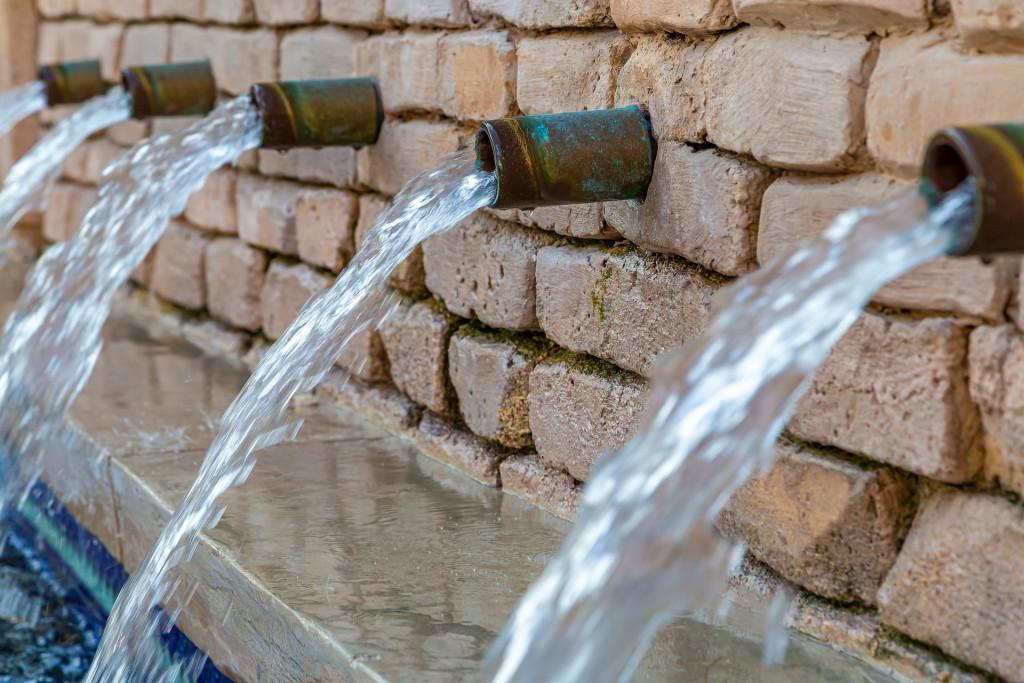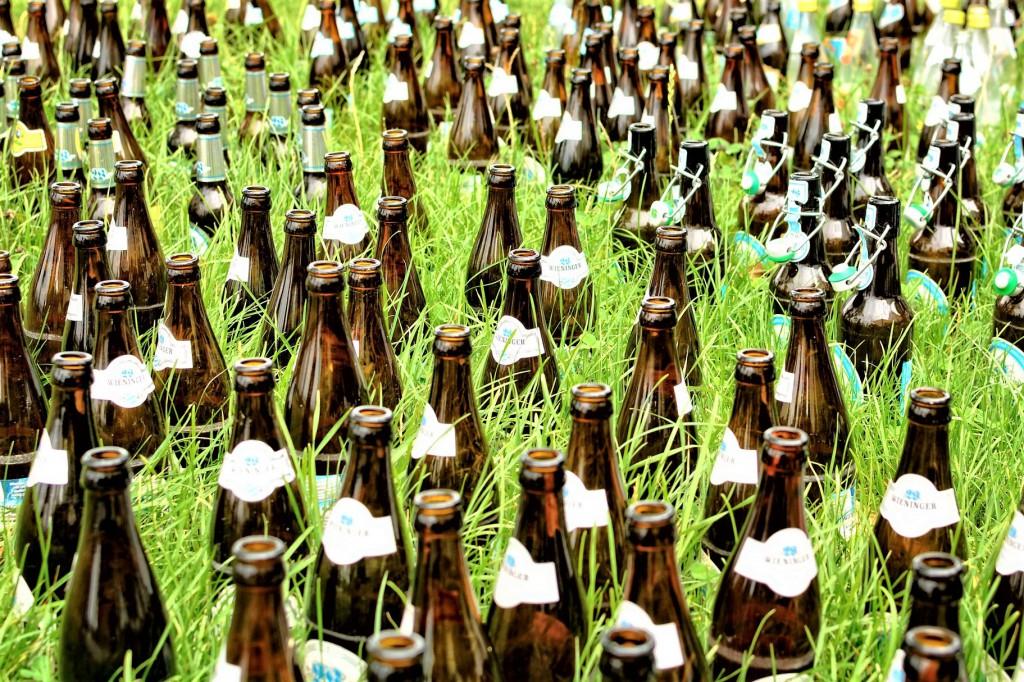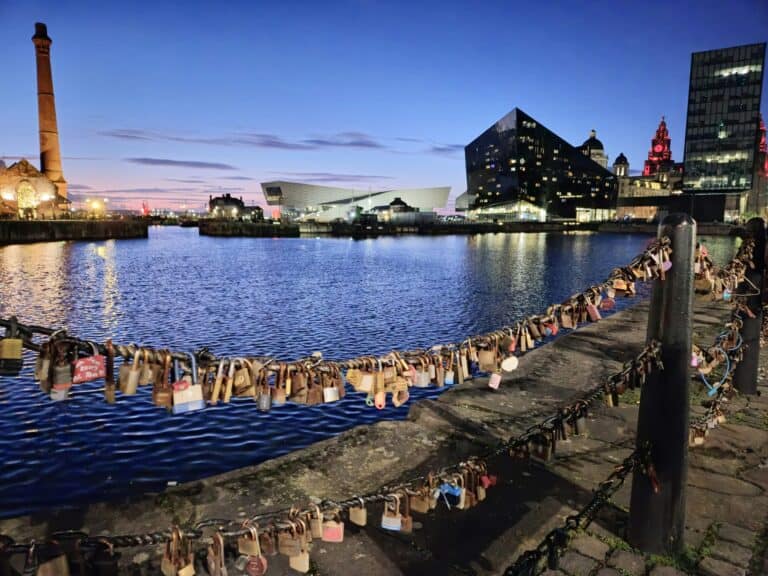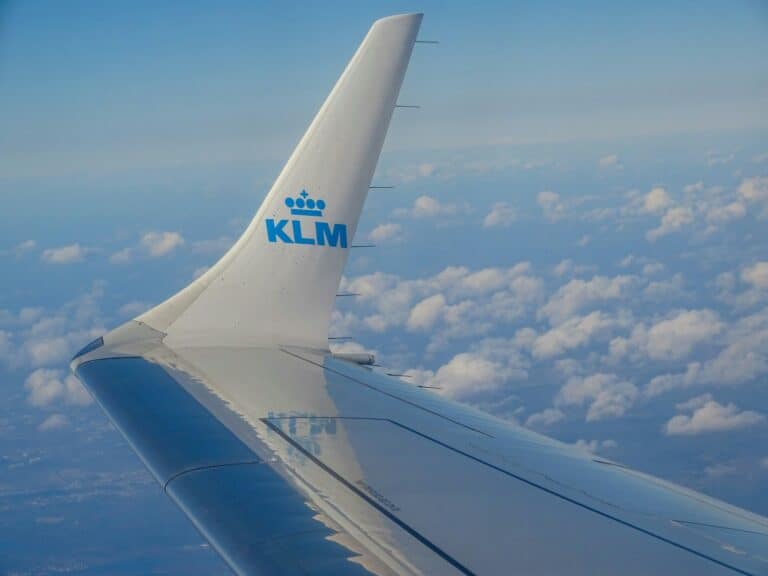I once heard a tale of a hotel guest arguing that it was reasonable to let the shower run constantly as the sound of running water was soothing and guaranteed peaceful sleep.
For an industry that lives and breathes guest satisfaction, the balancing act of comfort versus costs is a tricky one.
Air conditioning is a major factor in customer comfort. Depending on the season, some guests insist on room temperatures fit for a furnace or expect a gentle arctic breeze to soothe sunburn.
Travellers can minimise their eco-footprint during hotel stays by choosing operators that are in line with the following 5 principles of sustainability in that lower the carbon impact of vacations.

1. What is the plan to reduce energy consumption?
LED lights, energy efficient appliances in kitchens, controls on central plant and pumps and smart systems that turn off ACs when guest rooms are vacant or unsold are all solutions that hotels are investing in to gain carbon reduction benefits and lower energy bills.
Ecological, with contemporary styling, Hotel E.c.ho. in central Milan was designed to meet the needs of cosmopolitan, eco-aware guests. Occupancy sensors regulate AC in rooms, furnishings and fabrics are all rated with environmental certification and LED lights throughout are smart-controlled to minimise unnecessary use.

2. What happens to all the water?
While low-consumption toilets and faucets with low-flow features are standard in new hotels, the real conservation initiative for hotels is how they recover, store and use rainwater and whether grey water from sinks is recycled and treated for use.
The Beachcomber Resort in Le Morne, Mauritius achieves 100% of irrigation for the extensive hotel grounds by recycling wastewater from guest rooms and kitchens and produces their own drinking water from on-site desalinisation plants. The hotel also distributes 800m³ of potable water every day to a local village as part of its sustainability programme.

3. Renewable energy sources anyone?
Solar energy is the most common renewable energy source in the hotel industry – especially for water heating – however some hotel properties have access to resources to achieve more in generating energy.
At Rocksresort in Laax, Switzerland, buildings are heated from biomass energy, and the entire ski resort is powered by hydroelectricity. Rocksresort gets even greener by using solar-powered chairlifts to the ski slopes and plans to introduce wind turbines to further boost its renewable energy capacity.

4. What’s for dinner?
Locally sourced food is not only fresher its clearly better for sustainability efforts. The supply sources from where the hotel gets ingredients for its restaurant is an important gauge of its ecological footprint.
Masseria Susafa in Sicily is a boutique hotel that is part of a working farm with a granary and winery all supplying their kitchen and a seasonal menu featuring ingredients exclusively from its own grounds or neighbourhood suppliers.

5. Think about the trash, too
Hotels make a positive mark on the environment when good recycling programmes are in place and they have an active policy to recycle, reuse and compost. Recycling bins should be in all rooms and public areas, and kitchen discards should be sorted for composting.
The Belmond Le Manoir aux Quat’ Saisons, in Oxfordshire, UK processes up to 2.5 tonnes of food waste per week including post-dining plate scrapings with the compost produced used onsite in the hotel’s herb and vegetable gardens and orchard. It’s a great example of how farm-to-fork and circular economic principles are being applied to modern, sustainable hotel businesses.









